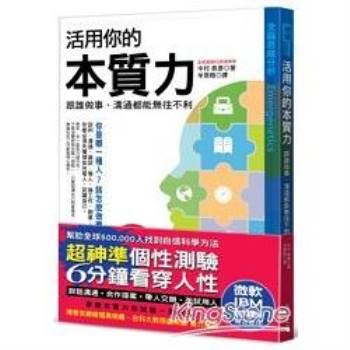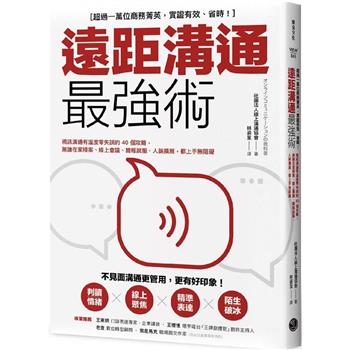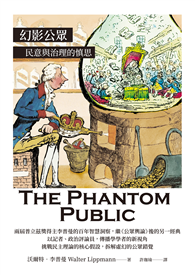Dal Yong Jin finished his PhD at the Institute of Communications Research at the University of Illinois, Urbana-Champaign, in 2005. He has taught in three countries: the U.S.A., Canada, and Korea. His major research and teaching interests are globalization and media, Korean cinema, Asian media studies, transnational cultural studies, new media and digital gaming, and the political economy of media and culture. He is the author of several books, including Smartland Korea: Mobile Communication, Culture and Society (University of Michigan Press, 2017); New Korean Wave: Transnational Cultural Power in the Age of Social Media (University of Illinois Press, 2016); Digital Platforms, Imperialism and Political Culture (Routledge, 2015); De-convergence of Global Media Industries (Routledge, 2013); and Korea’s Online Gaming Empire (MIT Press, 2010). He has also edited several volumes, including Mobile Gaming in Asia: Politics, Culture and Emerging Technologies (Springer, 2016); The Political Economies of Media: The Transformation of the Global Media Industries (Bloomsbury, 2011); and Global Media Convergence and Cultural Transformation: Emerging Social Patterns and Characteristics (IGI Global, 2011). In addition, he has contributed numerous journal articles and book chapters.
Wendy Su is an Associate Professor of the Department of Media and Cultural Studies at University of California, Riverside. She is the author of China’s Encounter with Global Hollywood: Cultural Policy and the Film Industry, 1994-2013 (University Press of Kentucky, 2016). She has also published in a number of high-ranking academic journals, including Pacific Affairs, International Journal of Cultural Policy, Critical Studies in Media Communication, Global Media and Communication, Journal of International Communication, and Asian Journal of Communication. She was a winner of the 2014 William L. Holland Prize for the best article, granted by Pacific Affairs. Her research areas are global communication, Chinese media studies and cultural studies, transnational film studies, audience research, and Asian modernity.












